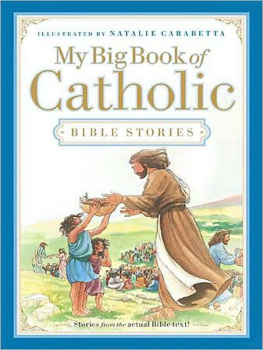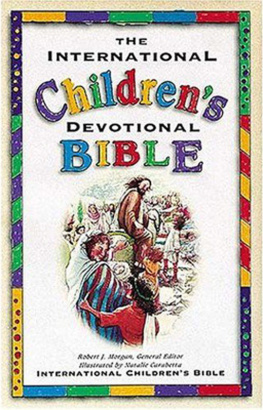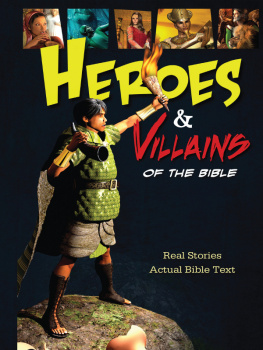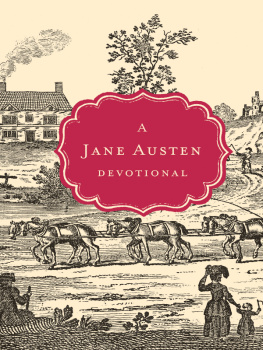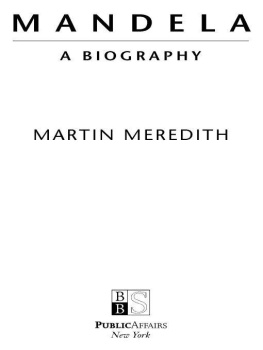In Ole
Virginia
Southern Classics Series
M. E. Bradford, Editor
Southern Classics Series
M. E. Bradford, Series Editor
Donald Davidson | The Tennessee, Volume I |
Caroline Gordon | Penhally |
Thomas Nelson Page | In Ole Virginia |
William Pratt, Editor | The Fugitive Poets |
Allen Tate | Stonewall Jackson |
In Ole
Virginia
Or, Marse Chan and
Other Stories
THOMAS NELSON PAGE
with an introduction by Clyde N. Wilson

Preface to this edition copyright 1991
by J. S. Sanders & Company
All rights reserved. No part of this publication may be reproduced or transmitted in any form or by any means, electronic or mechanical, including photocopy, recording, or any information storage and retrieval system now known or to be invented, without permission in writing from the publisher, except written for inclusion in a magazine, newspaper, or broadcast.
Library of Congress Catalog Card Number:
91-62457
ISBN: 1-879941-04-X
Published in the United States by
J. S. Sanders & Company
P. O. Box 50331
Nashville, Tennessee 37205
Distributed to the trade by
National Book Network
4720-A Boston Way
Lanham, Maryland 20706
1991 printing
Manufactured in the United States of America
To My People
This Fragmentary Record
Of Their Life
Is Dedicated
Note
The dialect of the negroes of Eastern Virginia differs totally from that of the Southern negroes, and in some material points from that of those located farther west.
The elision is so constant that it is impossible to produce the exact sound, and in some cases it has been found necessary to subordinate the phonetic arrangement to intelligibility.
The following rules may, however, aid the reader:
The final consonant is rarely sounded. Adverbs, prepositions, and short words are frequently slighted, as is the possessive. The letter r is not usually rolled except when used as a substitute for th, but is pronounced ah.
For instance, the following is a fair representation of the peculiarities cited:
The sentence, It was curious, he said, he wanted to go into the other army, would sound Twuz cu-yus, he say, he wan(t) (to) go in(to) turr ah-my.
Contents
BY CLYDE N. WILSON
Introduction
In Ole Virginia is a memorable portrait of the Old South before its destruction and one of the small company of truly enduring achievements in nineteenth century American literature. Its author, Thomas Nelson Page, was the most popular and most representative Southern writer of his time and one of the few Southern writers of any time to achieve the fullest measure of recognition and worldly success in his own lifetime.
Page was born in 1853 at Oakland plantation in Hanover County, Virginia, the same county in which Patrick Henry and Henry Clay had been born. Four obvious influences can be seen in his origins.
First, an ancestral pedigree that reads like a roster of the First Families of Virginia. Second, a childhood spent in a region north of Richmond during the War between the States that was one of the most heavily fought-over areas of the continent. Third, reduced family circumstances, which gave a spur to industry and ambition. Fourth, a spinster lady relative (remembered in Pages sketch, My Cousin Fanny, in the 1894 collection The Burial of the Guns) who introduced him to literature and determined the direction of his aspirations.
Turning twelve two weeks after Appomattox, Page experienced the war at the most impressionable age, so that the heroism of the men in gray and the women who sustained them, and the hardships of the Reconstruction peace which followed, formed the central theme of his experience and thus of his writing. He is the premier interpreter in fiction of those Southern experiences for his generation.
Page knew directly the fall of fortunes entailed by defeat for Southerners, especially those of his class, in an irregular education, interspersed with periods as a tutor. He was able to attend Washington and Lee (then Washington College) for a time when General Lee was president, but could not stay long enough to graduate. After awhile, he was able to attend the University of Virginia Law School. Again he had to leave without graduating, although he enjoyed at Charlottesville a stimulating literary fellowship.
In 1872 he began a law practice in Richmond that was moderately successful and which he continued for some years, even after his literary career had begun to prosper. In 1886 he married Anne Seddon Bruce, whose pedigree equalled his and who is perhaps the model for Anne in Marse Chan. She died suddenly a year and a half later at age twenty.
Marse Chan, Pages first significant published fiction, appeared in 1884 in the popular Century Magazine of the Scribner publishing family. The editors liked the story but delayed publication for two years, apparently because of misgivings about the readability of the dialect. The doubts proved unfounded. When published, the story was immediately popular, and thereafter demand for Pages work on the part of the Northern reading public never ceased.
In 1887 his first book, In Ole Virginia, a collection of his earliest stories, appeared, to critical and popular acclaim. It remained his most popular and characteristic book. Marse Chan has always been his best-loved story, and Page considered the second story in the volume, Unc Edinburgs Drowndin, to be his best-crafted and most technically perfect tale.
By 1893 he was able to give up law practice and lecturing. He married into a very wealthy Northern family and established a home in Washington, a gentleman of means free to mingle in the highest society, enjoying fame, a Maine seaside cottage, membership in the best New York clubs, and extended European travel. He was a friend of Theodore Roosevelt and Woodrow Wilson.
From 1913 to 1917, during most of the World War I era, Page was, on Wilsons appointment, the American ambassador to Italy, a difficult assignment well-performed. He died in 1922 at Oakland where he had begun.
Even after achieving fame and prosperity, Page continued writingstories, novels, dramas, poetry, history, social commentary. The collected Plantation Edition of his works, published by Scribners, ran to eighteen volumes. In Ole Virginia was Volume 1. This continued productivity, along with occasional efforts to break out of his successful formula and topics, are sure signs of serious literary craftsmanship and dedication. Page must be taken as a serious writer, in spite of the fate of immense popularity in his lifetime followed by neglect afterward.
When asked about his literary career, he wrote, in what is surely a remarkably accurate and guileless writers confession: I think the principal thing after my liking for books, was my desire to see myself in print. Emulation of others, the desire to add to my poor income, and ambition afterwards played their part; but I think... the first motive was, to use a term for want of a bettervanity.
The fact that a Southern writer, an unequivocal defender and celebrator of the virtues of the South and its people, could enjoy such a successful career is a commentary, of course, on the period of American history in which Page flourished. To put a fine point on it, he could not have achieved such recognition, as Southern writers have learned the hard way in less hospitable eras, had he not been perceived to be performing a service for the North.
Next page



